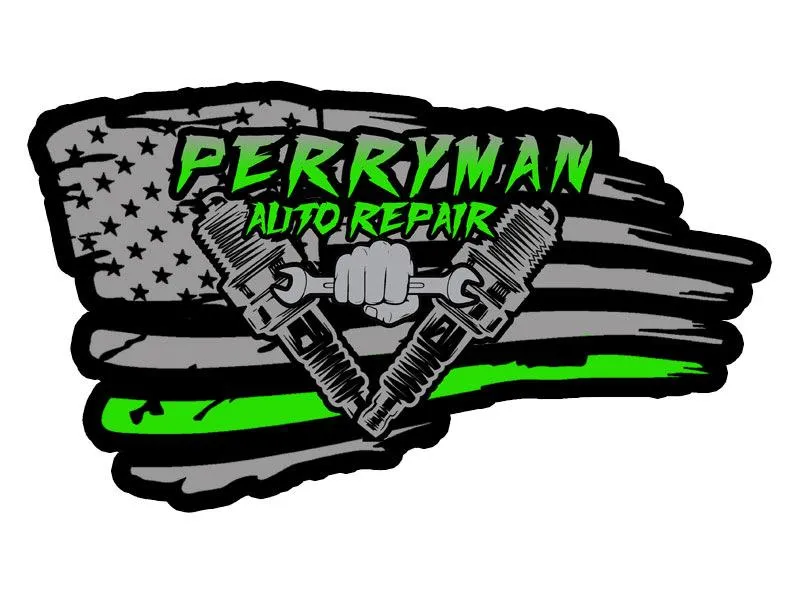Engine Diagnostic Services
Serving Utah County
Welcome to Perryman Auto Repair — your trusted neighborhood shop for expert automotive services. With over 30 years of experience, our team is here to handle all your vehicle needs with professionalism, precision, and care.
The Top 5 Most Common Engine Problems
Engine Overheating
Engine overheating is a serious problem that can cause head gasket failure, warped parts, or complete engine breakdown. It’s often caused by coolant leaks, failed thermostats, water pump issues, or clogged radiators. At Perryman Auto Repair, we quickly diagnose overheating causes and repair them before major damage occurs. Whether it’s a simple coolant refill or a full cooling system repair, we keep your engine running cool, safe, and dependable.
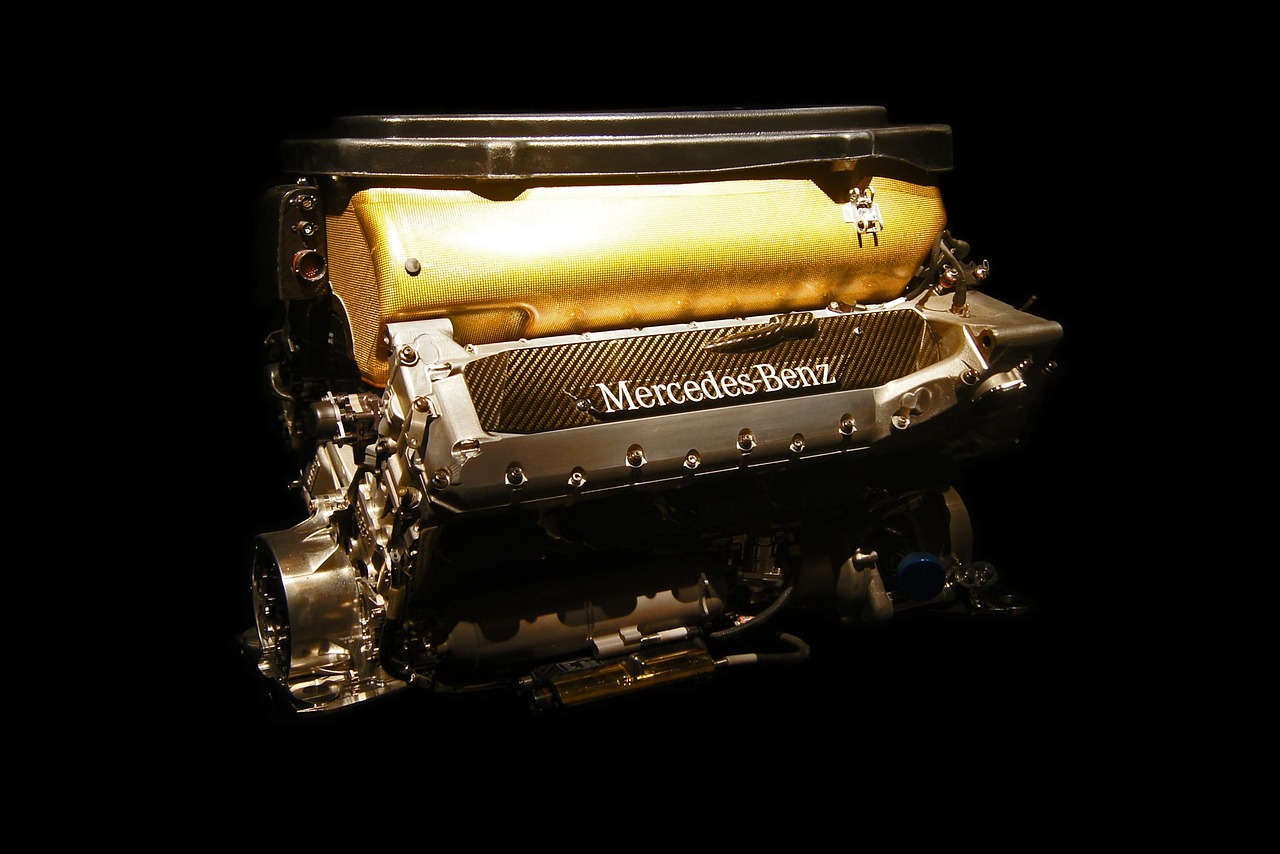
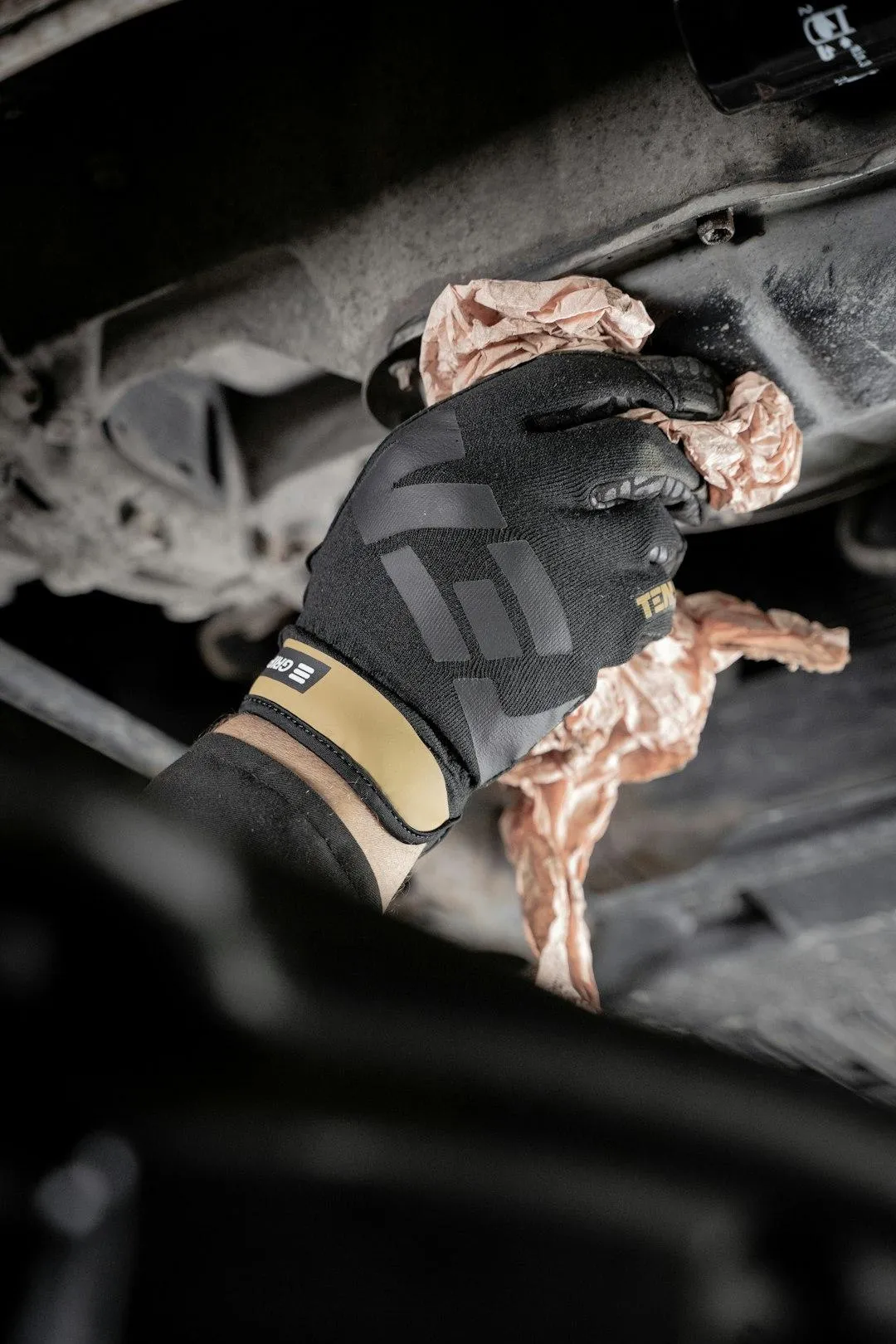
Oil Leaks
Oil leaks might seem minor, but they can lead to major engine damage if not repaired quickly. Common causes include worn valve cover gaskets, seals, or a cracked oil pan. At Perryman Auto Repair, we identify leak sources accurately and fix them using high-quality parts, protecting your engine from oil starvation, overheating, and expensive repairs. A small oil leak today can become a big problem tomorrow—don’t wait to fix it!
Worn Spark Plugs
Worn or faulty spark plugs can cause engine misfires, rough idling, poor fuel economy, and difficulty starting your vehicle. Ignoring bad plugs strains your ignition system and lowers overall engine performance. At Perryman Auto Repair, we inspect and replace spark plugs with precision to keep your engine firing smoothly. Routine spark plug maintenance improves fuel efficiency, boosts performance, and helps prevent bigger, costlier engine issues down the road.
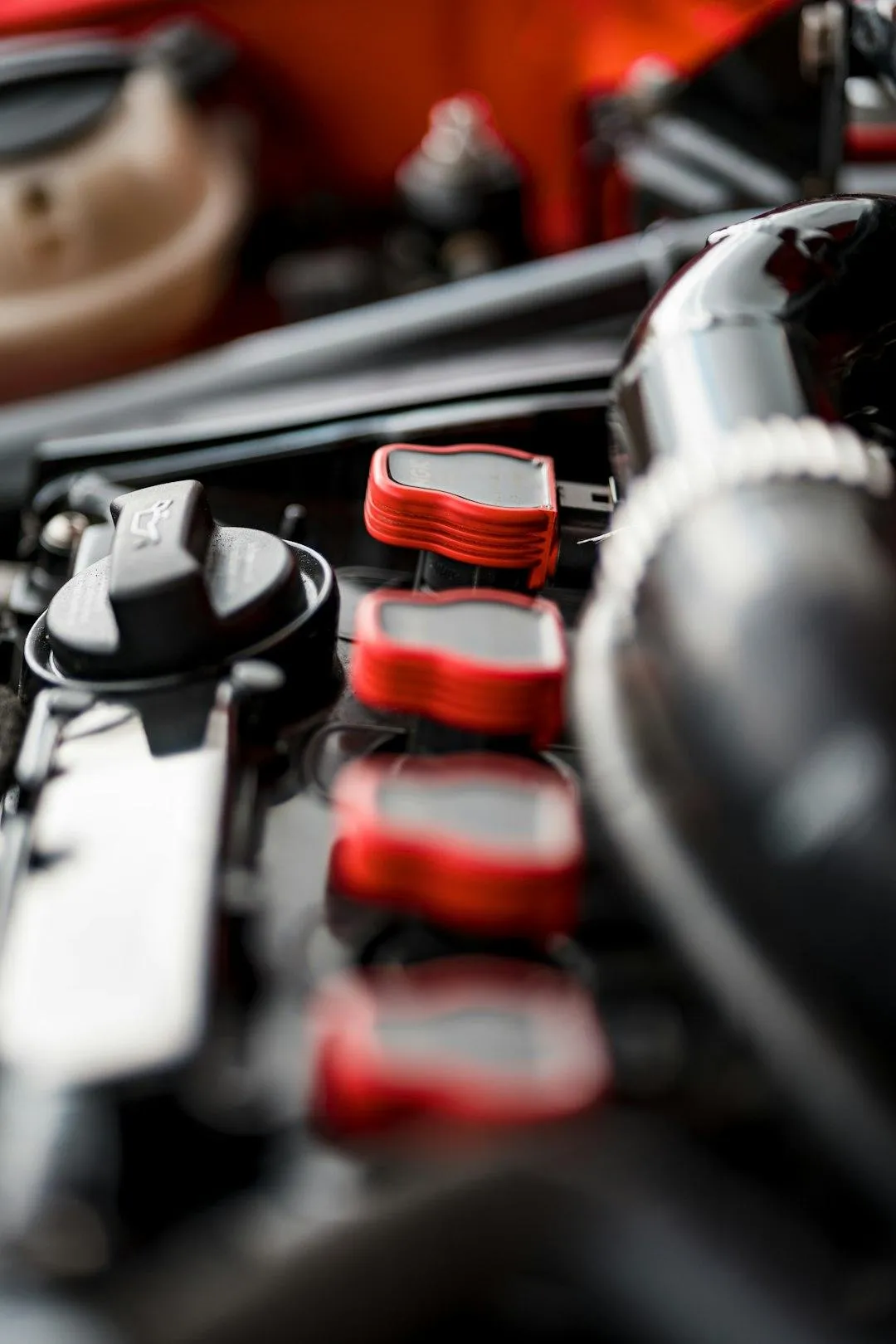

Timing Belt or Chain Failure
Your engine’s timing belt or chain synchronizes critical internal parts. If it fails, it can cause major engine damage almost instantly. Symptoms like ticking noises, engine misfires, or the engine not starting could signal timing issues. At Perryman Auto Repair, we perform timing belt and chain inspections and replacements according to manufacturer guidelines, helping you avoid catastrophic failure and costly rebuilds. Preventative maintenance here can save you thousands later.
Sensor Failures
Modern engines rely heavily on sensors like the oxygen sensor and mass airflow sensor to run efficiently. When these sensors fail, you might experience rough running, poor gas mileage, or a check engine light. At Perryman Auto Repair, we use advanced diagnostic tools to quickly identify faulty sensors and replace them, restoring peak performance and fuel economy while helping your car pass emissions tests with ease.
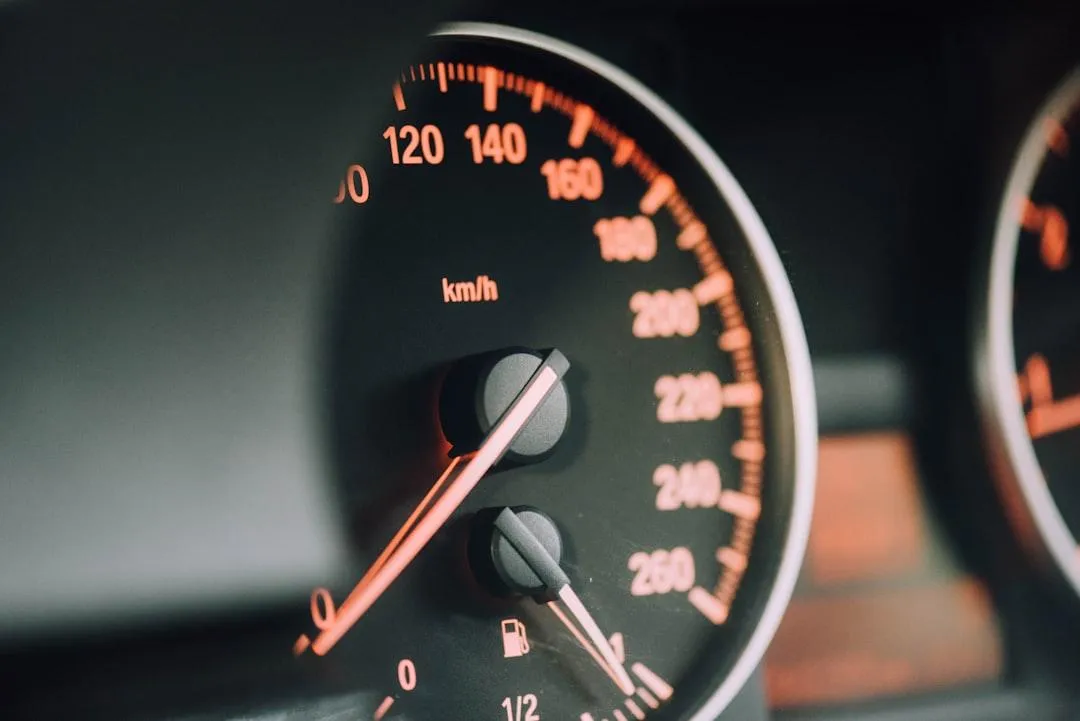
What our Customer are Saying
Frequently Asked Questions
How often should I change my oil?
Most vehicles need an oil change about every 5,000 to 7,000 miles (some older models every ~3,000 miles) or every few months. It’s best to follow your owner’s manual which lists the recommended interval for your specific car. Many newer cars even have oil life monitors that remind you when service is due, so pay attention to those indicators.
How often should I rotate my tires?
It’s generally recommended to rotate your tires about every 6,000 to 8,000 miles (approximately every 6 months). Rotating your tires (swapping their positions) helps them wear evenly, which extends their lifespan. If you never rotated your tires, one or two tires may wear out much faster than the others, increasing the risk of a blowout and forcing earlier replacement.
When should I replace my car's battery?
Most car batteries last about 3 to 5 years under normal conditions. Factors like extreme cold or hot weather can shorten a battery’s life, so keep that in mind. It’s wise to proactively test your battery after about 3 years. Signs of a weak battery include the engine cranking slowly when you start the car or your headlights and interior lights looking dim at startup. If you notice those symptoms or if the battery is older than five years, consider replacing it before it fails.
What should I do if my check engine light comes on?
A check engine light (CEL) means your car’s computer has detected something out of the ordinary in the engine or emissions system. It could be something minor (like a loose gas cap) or something requiring attention (like a misfiring engine). The best course is not to panic but also don’t ignore it. Make sure your gas cap is tight since a loose cap can trigger the light. If the light remains on, have the vehicle’s diagnostics checked by a mechanic. They will use a scan tool to read the error code and pinpoint the issue. Driving a short time with a steady CEL is usually okay, but you should get it checked sooner rather than later to avoid potential bigger problems.
Do you offer financing or payment plans for repairs?
Yes, we work with Synchrony to offer payments options on all of our services. Check out our financing page to apply and look at options.

Innovation
Fresh, creative solutions.

Integrity
Honesty and transparency.

Excellence
Top-notch services.
Contact Us
801-980-1572
982 Industrial Park Rd Orem, Utah 84057
Service Hours
Monday - Friday: 8:00 AM - 5:00 PM
Saturday: 8:00 AM - 3:00 PM
Sunday: Closed
Social Media
Contact Us
Service Hours
Social Media
Monday - Friday: 8:00 AM - 5:00 PM
Saturday & Sunday: Closed
2025 | | Sitemap
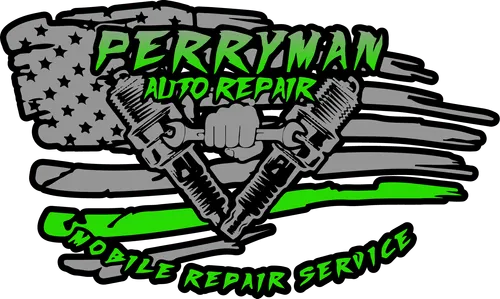
Powered By: EasyUseCRM
